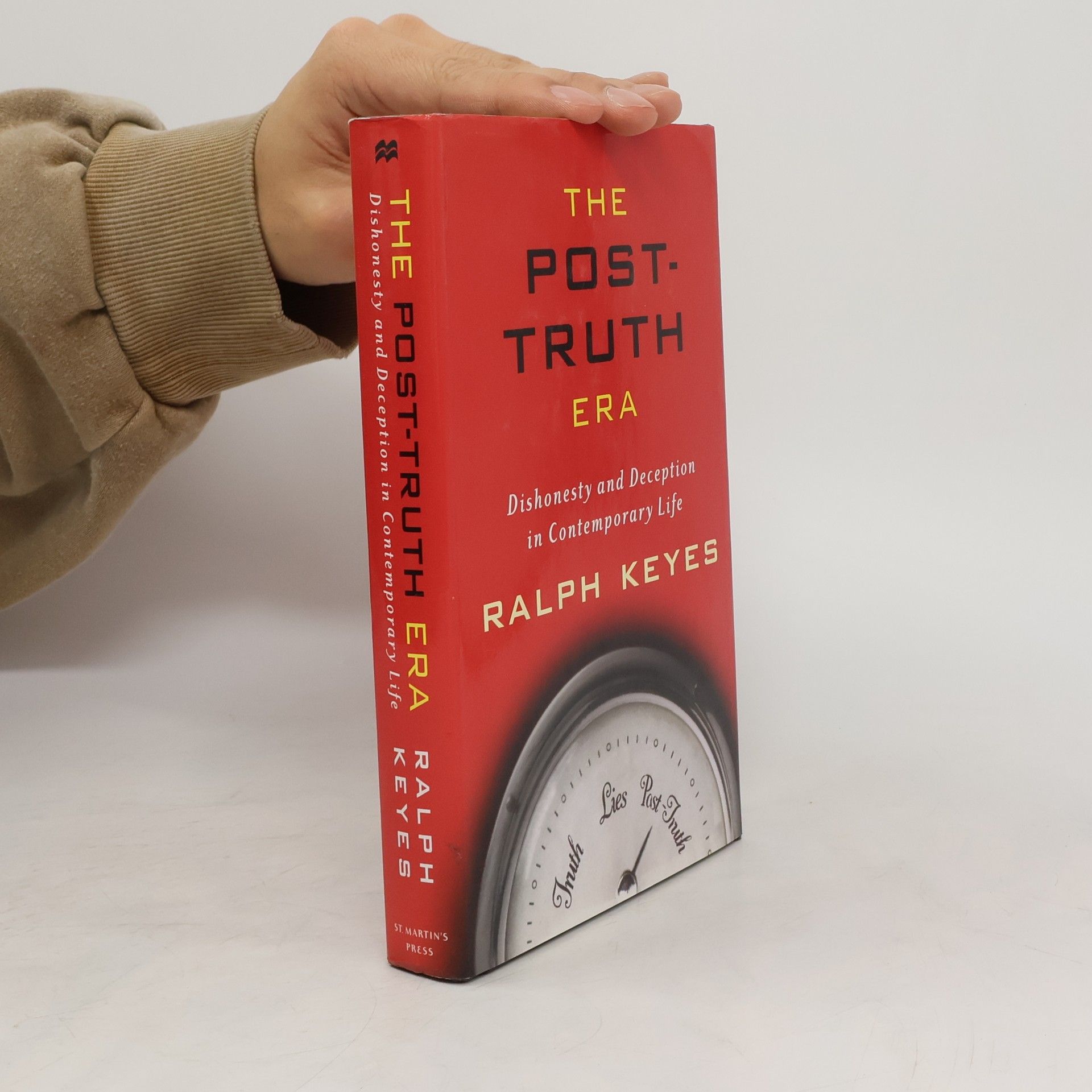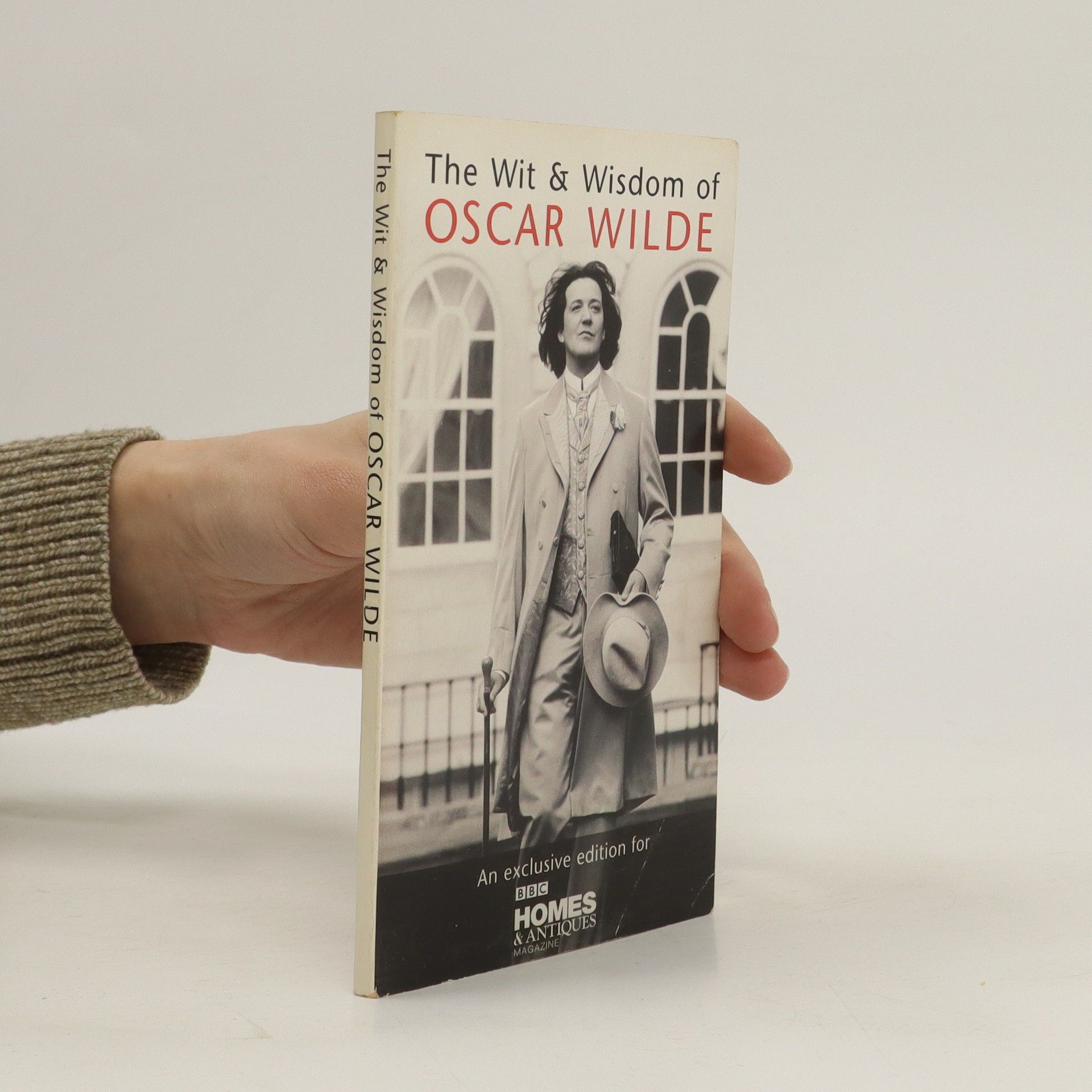"Nearly a century after his death, the wit of Oscar Wilde remains as fresh and barbed as ever. This collection of his works, letters, reviews, anecdotes and repartee is ample proof of this iconoclast's enduring place in the world of arts and letters." --Descripción del editor
Ralph Keyes Livres
Ralph Keyes est un auteur, conférencier et enseignant dont l'œuvre étendue explore la communication et le langage humains. Son écriture se penche sur les aspects fascinants de la parole humaine, en examinant les origines des citations et en analysant notre usage omniprésent des euphémismes. L'approche de Keyes est motivée par une profonde curiosité quant à la manière et aux raisons pour lesquelles nous utilisons les mots que nous utilisons, découvrant les couches cachées de sens dans notre discours quotidien. Ses œuvres sont appréciées pour leur perspicacité intellectuelle et leur capacité à éclairer des nuances inattendues dans la façon dont les gens communiquent.





In 1889, the editor of the San Francisco Examiner, having accepted an article from Rudyard Kipling, informed the author that he should not bother to submit any more. "This isn't a kindergarten for amateur writers," the editor wrote. "I'm sorry, Mr. Kipling, but you just don't know how to use the English language." A century later, John Grisham was turned down by sixteen agents before he found representation-and it was only after Hollywood showed an interest in The Firm that publishers began to take him seriously.The anxiety of rejection is an inevitable part of any writer's development. In this book, Ralph Keyes turns his attention from the difficulty of putting pen to paper-the subject of his acclaimed The Courage to Write -to the frustration of getting the product to the public. Inspiration isn't nearly as important to the successful writer, he argues, as tenacity, and he offers concrete ways to manage the struggle to publish. Drawing on his long experience as a writer and teacher of writing, Keyes provides new insight into the mind-set of publishers, the value of an agent, and the importance of encouragement and hope to the act of authorial creation.
The Post-Truth Era
- 320pages
- 12 heures de lecture
Politicians aren't the only ones who lie. The bestselling author of "Is There Life After High School?" explains America's unusually high tolerance for deceit.
Written by one of the country's most experienced and entertaining etymological detectives, The Hidden History of Coined Words provides a delightful excavation into the process by which words became minted. Not only does Ralph Keyes give us the who-what-where of it all, but delights in stories that reveal the mysteries of successful coinage.
Katherine Anne Porter called courage “the first essential” for a writer. E.B. White said that he admired anyone who “has the guts to write anything at all.” In The Courage to Write , Ralph Keyes assures us that anxiety is felt by writers at every level, especially when they dare to do their best. He describes the sequence of “courage points” through which all writers must pass, from the challenge of identifying a worthwhile project to the mixture of pride and panic they feel when examining a newly published book or article. Keyes also offers specifics on how to root out dread of public “performance” and of the judgment of family and friends, make the best use of writers’ workshops and conferences, and handle criticism of works in progress. Throughout, he includes the comments of many accomplished writers on how they transcended their own fears to produce great works. This invaluable book is essential reading for anyone who wishes to learn how to write well.